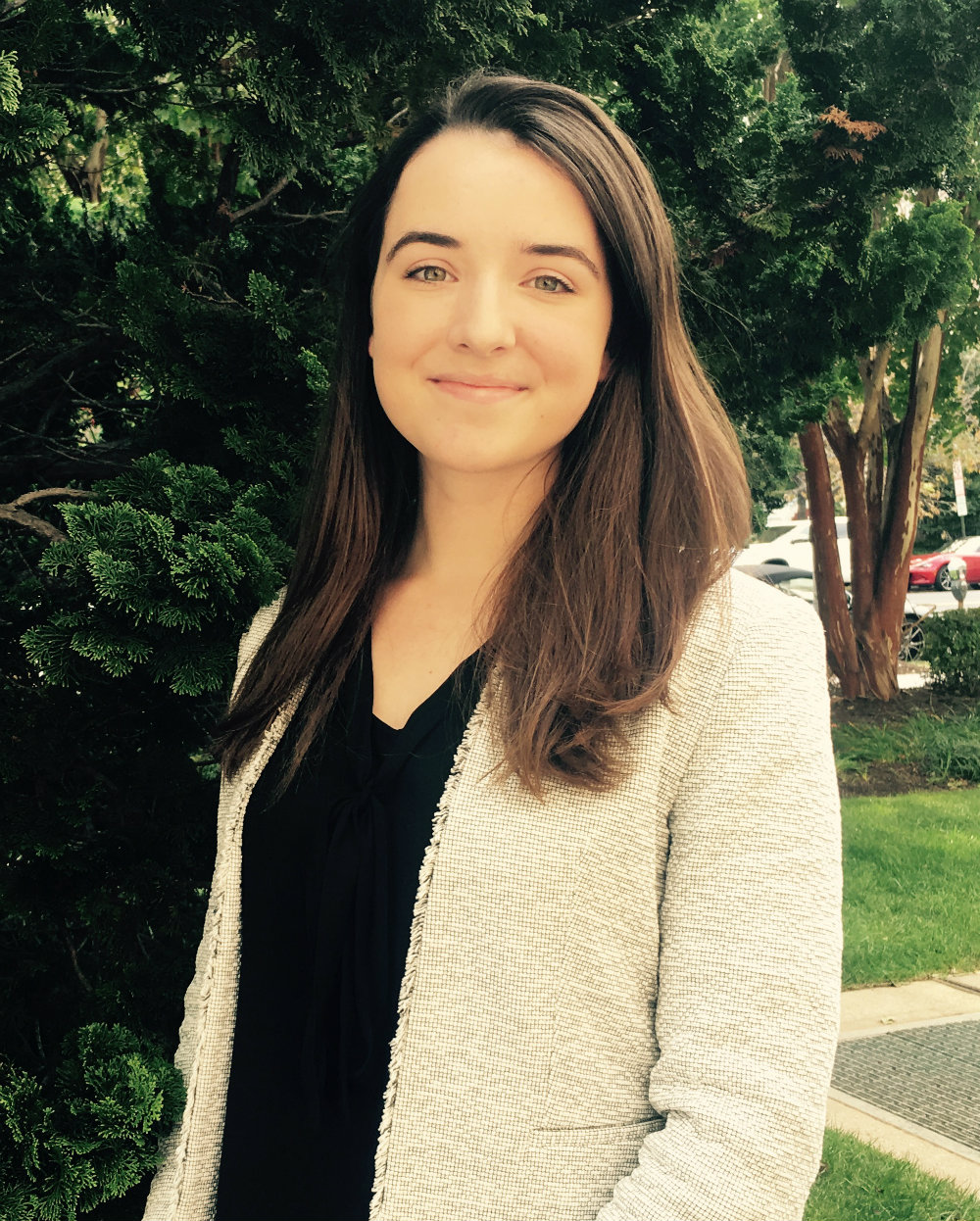Organ Transplants and Mental Disabilities
Laura Whelan, C’20, is examining how organ transplant recipients are prioritized.
How do doctors decide who gets an organ transplant? With over 115,000 people on the waiting list in the U.S. but only 28,748 transplant surgeries performed in 2017, the gap between available organs and the number of people who need them continues to grow. Criteria to determine recipients vary by organ and transplant center but weigh such factors as the gravity of the patient’s condition, how a potential recipient’s blood, tissue, and size match with the donor; time spent on the waiting list; and distance from the donor.
What about mental ability? Laura Whelan, C’20, was a high school sophomore looking for an interesting research topic when she found a list of complaints by parents alleging that their children were denied organ transplants due to a learning disability such as Down syndrome. “I wondered if their complaints were legitimate,” Whelan says. Working with The Ethics Institute at Kent Place at her high school, in connection with The Hastings Center bioethics think tank, she designed a research project that gave her the answer: “A resounding yes.”
According to Whelan, New Jersey and California are the only states that have passed laws specifically excluding mental disabilities as a reason to deny an organ transplant to a patient. “Technically there are documents [in other states] in which discrimination against those with mental disabilities is banned, but none of them are very specific when it comes to organ transplantation.”
The reason, says Whelan, is doctors fear that people with mental disabilities would not be able to comply with the complicated post-transplant regimen, which includes multiple medications, self-monitoring, and frequent checkups. “The thinking has been that if a person can’t comply with the regimen, someone else could do better with one of these very scarce organs.”
When Whelan came to Penn, she continued her research, first with Jason Schnittker, Professor of Sociology, and now with Connie M. Ulrich, Lillian S. Brunner Chair and Professor of Bioethics and Nursing at the School of Nursing. She found studies that have shown that people with mental disabilities who have a good support system in place have better compliance with the post-transplant regimen then others who are not disabled. “If that’s the case, than has the decision started judging quality of life rather than quality of health, and are the doctors equipped to make that decision?” Whelan asks. “Down syndrome is a changing diagnosis as far as what it actually means about a person’s quality of life and opportunities.”
Whelan is now looking into what decision-making factors transplant boards use when in making these decisions. She’s found that the studies that exist are old and don’t provide much information, so she is submitting a request to interview the transplant board at the Hospital of the University of Pennsylvania. “I don’t want to come in with a bias,” Whelan says. “But I’d like to learn more about why there are not formal guidelines at 62 percent of the transplant centers. It’s very much a developing project – I’m just trying to figure this out.”
At the same time, she’s expanding her research portfolio as the Africa Project Lead at Penn’s Think Tanks and Civil Societies Program. Last semester, Whelan was program coordinator for the Africa Think Tank Sustainability Forum, held at the Wilson Center and the Brookings Institution. During the summer, she researched the sustainability crisis of African think tanks and wrote a literary review. She will continue as summit coordinator this semester as she plans the African Thank Tank Summit in Morocco in May. And the paper she wrote on her high-school research was recently cited in the Journal of Law and Policy.
“I have been plugging away at what research is, how it should be conducted, the different forms that it holds, and experimenting with methodology and format,” Whelan says. As a double major in Architecture and Philosophy, Politics, and Economics, she’s found that her design classes and methods of thinking are also applicable to research. “It has been a wonderful challenge to pull all of these things together and let them influence each other to strengthen my own methodologies.”



